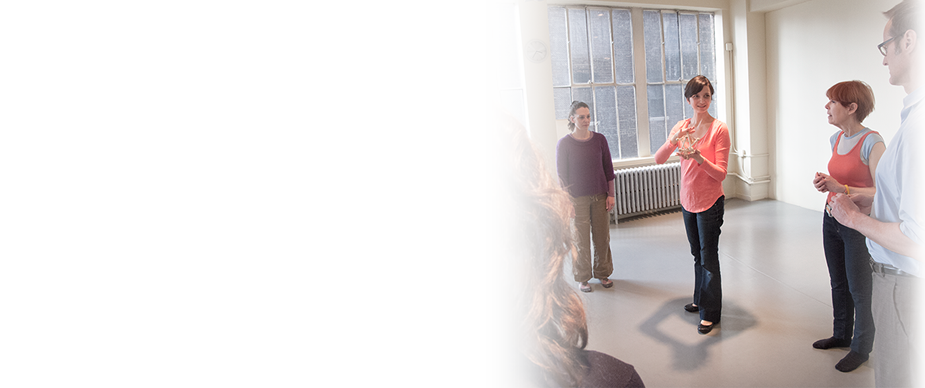Is the structure of your day wreaking havoc on your posture?
/Has going from one place to another become jumping from one Zoom meeting to the next? Has a stroll become a walk from the kitchen to the living room?
You might be deliberate about taking long walks or have a regular work-out routine, but have the naturally built-in parts of your day when you switch gears dissapeared?
The pandemic has changed the structure of workspaces for many people, but it's also changed the structure of the day.
Poor posture is a state that we get in, a mode of sorts. So is good posture. If you spend most of the day in a poor posture mode, then even your best posture might not be so great.
Part of what can keep us from getting stuck in a slumped, crouched, tense mode that is changing activities. Transitioning to something new more frequently gives the body a chance to do something different, which can also affect your breathing, your mind, and your stress level.
With fewer transition moments, you might find that you don't have build in time to reset your body duirng the day.
Some or all of these transitions may have been reduced, aren't happening at all...or are happening online...jumping in and out of online meetings or classrooms. Now more than ever, we're switching from one thing to the next with the click of a mouse.
So where does that leave us? Do our bodies like this? And how can we make a change given the circumstances?
Two things you can do weather the changes with more ease and better posture are to...
1) Make time for small breaks.
Do something off the screen.
If you don't have time for a walk, clean or organize something just so you'll move differently.
Practice a hobby or learn a new skill.
Put on some music and dance.
Lie on the floor.
Meditate.
2) Learn how to manage your screen time and Zoomania with body awareness and good posture.
Notice what happens to your body when you focus on the screen, on a person's face, or on many peoples' faces.
Observe if you strain or speak unecessarily louly when you talk online. It messes with our depth perception so you might be talking as if the person is "way over there".
Do you keep your feet on the floor?
Do you tend to hold your breath?
Are you aware of your body at all?
Observation is the first step toward change.
Want to learn more? Click here to find out about online lessons.


